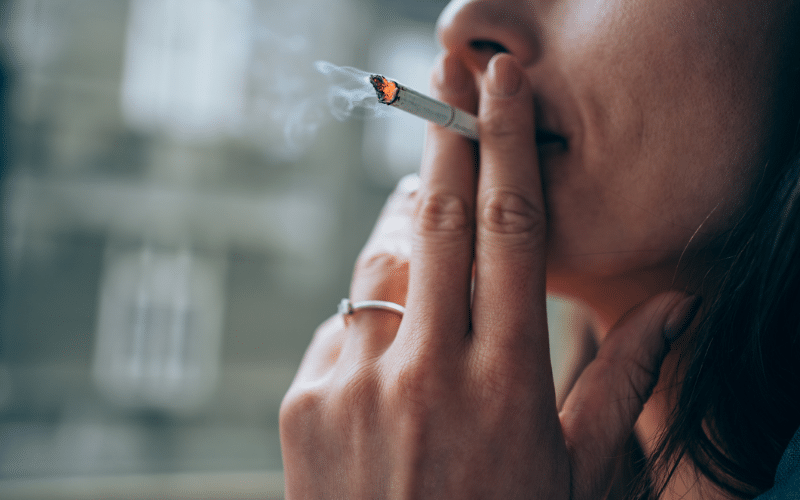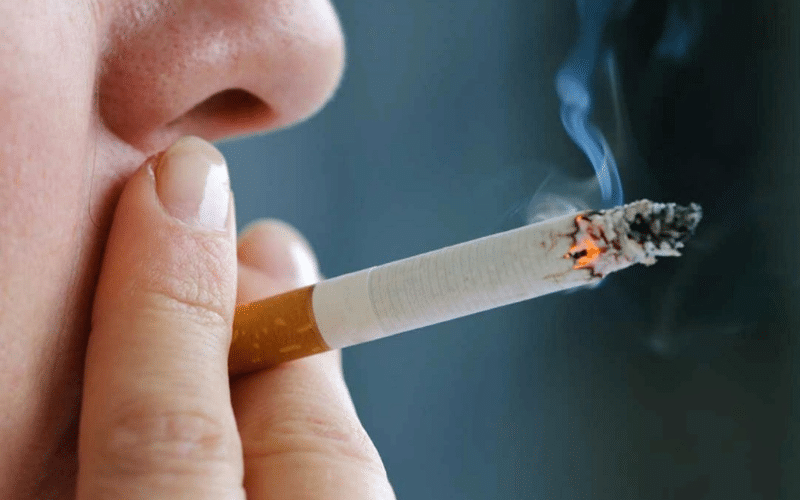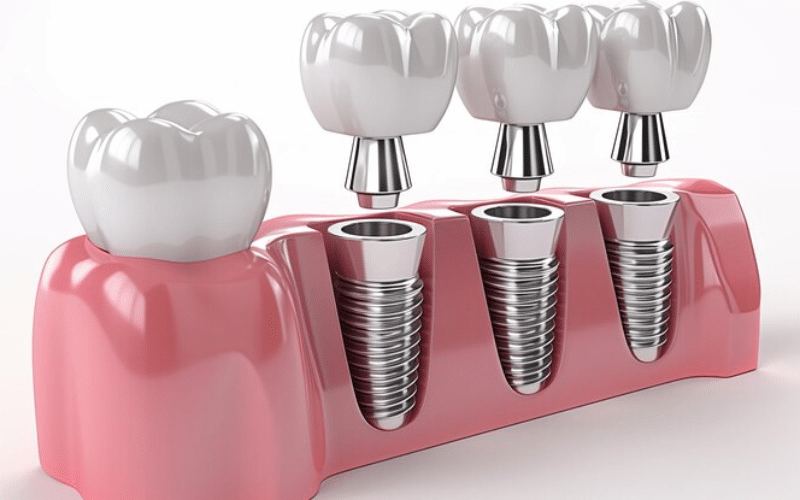
With the constant development in dental world, the top pick for replacing lost teeth is now dental implants. They seem remarkably natural and are strong and long-lasting. However, if you smoke, there may be significant obstacles in your implant path. When considering dental implants for smokers, Take a look at how smoking affects the implant’s performance and what you can do to safeguard your oral investment.
The Implant Procedure: Significance of Healing
Through a procedure known as osseointegration, the majority of dental implants are inserted straight into the jawbone, where they eventually merge with the bone. This makes a solid base for a denture, bridge, or crown.
This mending stage is crucial, though. Smoking is a worry because it can compromise the integrity of the implant by slowing down or interfering with the body’s natural healing process.
How Smoking Endangers It
Nicotine and carbon monoxide, two dangerous chemicals found in cigarettes, cigars, and even vaping products, impede the healing process. They have the following effects on dental implants in Cedar Park.
- The gums and bone receive less oxygen when blood arteries are constricted.
- It is more difficult for the implant to fuse well when bone regeneration is slower.
- More risk of surgical site infection.
- More tissue inflammation in the immediate vicinity.
- Weak immune system, which makes it more difficult for the body to fight off bacteria.
Risk of Implant Failure Are Doubled with Smoking
Smokers encounter dental implant failure 2 times more than non-smokers, according to research published in the International Journal of Oral & Maxillofacial Implants. Considering the time, expense, and dedication required for an implant, that is a significant setback.
Long-Term Issues for Implanted Smokers
Smoking can cause problems later on, even if the implant heals nicely at first. Continuous tobacco usage can result in:
- A damaging gum condition exclusive to implants is peri-implantitis.
- Loss of bone that compromises the support of implants.
- Gum recession, revealing the margins of the crown or metal post.
- Constant dryness and bad breath that affects the comfort of the mouth as a whole.
These dangers are not merely aesthetic; they may result in discomfort, further procedures, or even the removal of the implant.
How Can Smokers Increase the Success of Dental Implants?
Fortunately, smoking does not automatically rule out getting implants. However, extra caution is necessary to guarantee the optimum result. What can assist is as follows:
- Quit smoking, ideally several weeks before surgery.
- Use smoking cessation tools like patches or gum to support recovery.
- Maintain exceptional oral hygiene, including regular brushing and flossing.
- Attend all follow-up visits to catch any issues early.
- Limit alcohol and caffeine, which can further dry out your mouth.
Even temporary cessation can lead to better healing and long-term results.
Don’t Let Smoking Steal Your Smile!
Dental implants can restore your confidence, your bite, and your quality of life—but only if they succeed. For smokers, that means understanding the added risks and taking proactive steps to reduce them.
Whether you’re planning for implants or already have them, talk to our dentist about how smoking may impact your treatment. Now is the perfect time to commit to your oral health and take the first step toward quitting smoking—for your smile and beyond.




